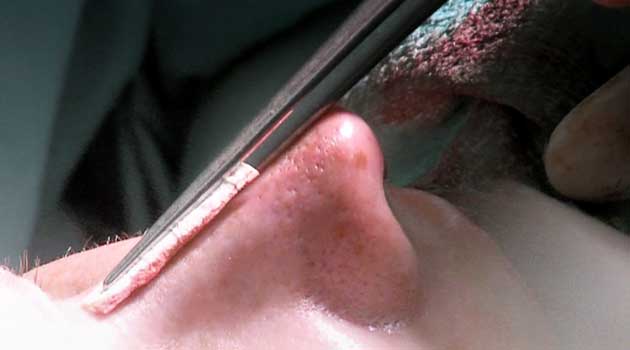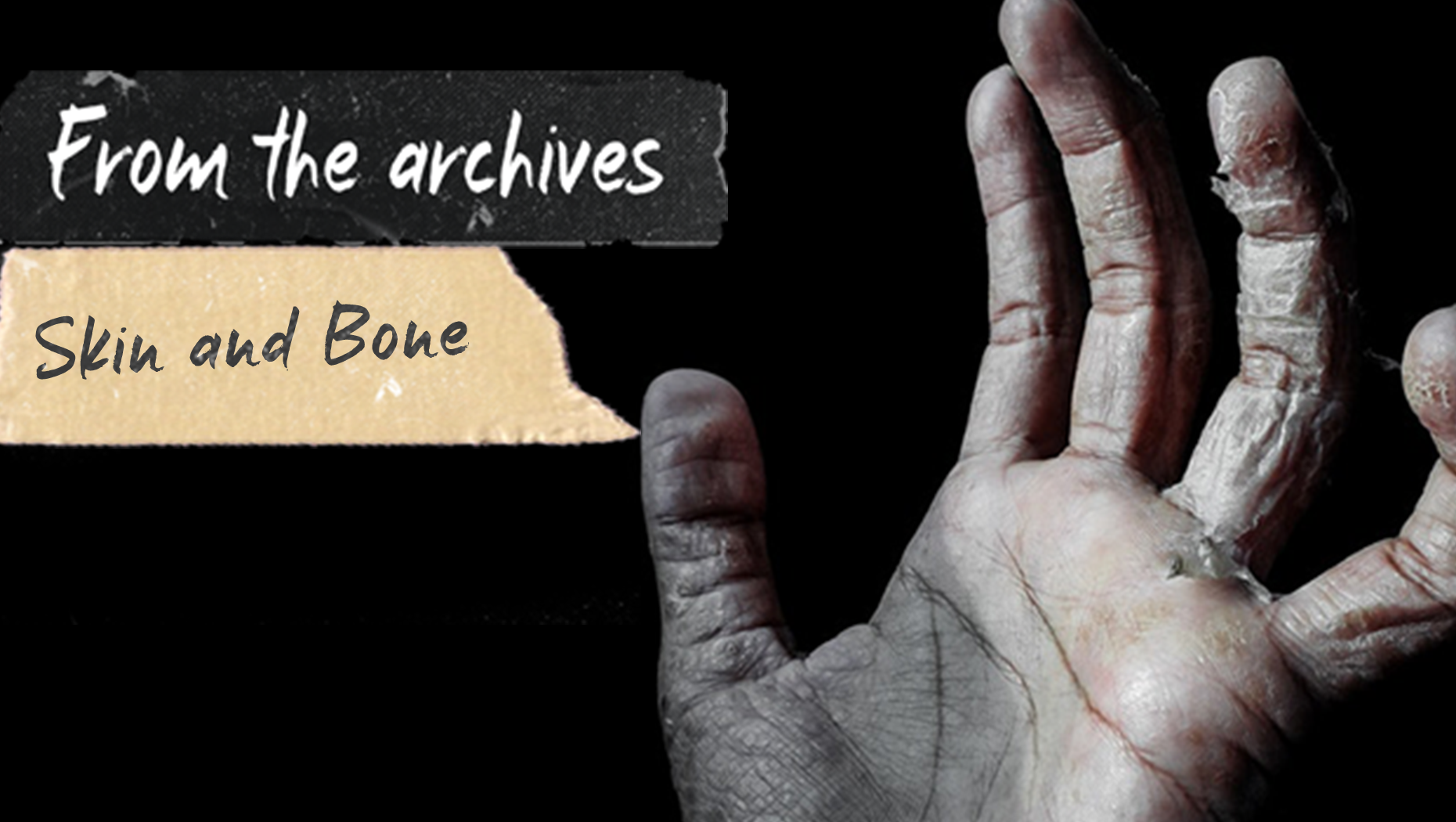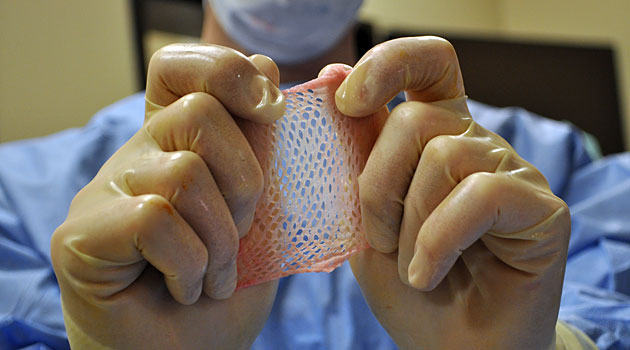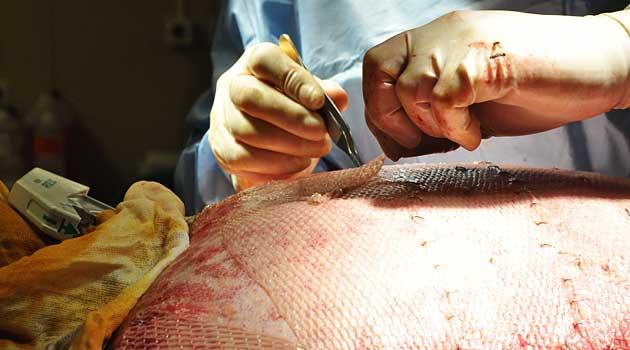The World Health Organization plans to create a coding system to track human tissue traded for transplants and ingredients in drugs to secure safety and prevent illegal collection, a source said.
A working group on medical transplantation will hold a meeting in France at the end of August to discuss how to introduce the system, the source, who is a member of the working group, told The Asahi Shimbun.
The working group plans to introduce the system in five years, covering 193 countries. In addition to human tissue, the group intends to use the codes for medical materials and other products derived from human tissue.
The WHO decided that a global coding system is necessary for human tissue in May 2010.
Global demand for human tissue has increased since then, leading to a sharp rise in international trade in human tissue.
But the practice of illegally collecting skin and bones from cadavers is also rampant. And health experts warn that trade in tissue collected from cadavers with unknown identities heightens the risk of the spread of infectious diseases.
The coding system would enable authorities to track trade in products derived from human tissue. If an infectious disease is caused by a particular product, products using the same donor’s tissue can be recovered soon.
The WHO will use a coding system for blood products as a reference. Thirty countries, including the United States and Britain, have adopted the barcode-based system, which was introduced in 1997.
The working group will hear the opinions of a senior official of a nonprofit organization that was established by the International Society of Hematology to administer the system.
In many countries, the responsibility for confirming the identities of tissue donors is left to drugmakers and tissue banks. When a problem occurs with a product, inquiries must be referred to them.
Japan’s Law on Organ Transplantation regulates the use of the heart, lungs and other organs. But there are no similar laws for human tissue or a ban on buying or selling it. Under the circumstances, the health ministry cannot know if human tissue is imported.
If the WHO creates a coding system, the momentum could increase for the Japanese government to establish related legislation.
“The movements of organs and tissue have become international, and a single country’s administration cannot solve (problems associated with them),” said Naoshi Shinozaki, who heads the Cornea Center of Tokyo Dental College’s Ichikawa General Hospital. “If the WHO’s system is established, illegal tissue collection will be prevented and the safety (of body parts) will be secured.”
The Asahi Shimbun




